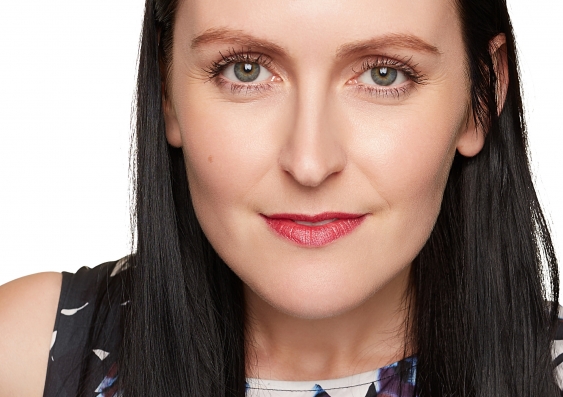Within a month of starting her first job, a commercial role at the Australia Arab Chamber of Commerce and Industry, Jemima Snow realised she needed to improve her business acumen.
While Jemima had a strong grounding in Middle Eastern politics from her UNSW undergraduate degree, she needed help fine-tuning her cross-cultural understanding and management skills.
“I realised I needed to increase my business skills to succeed in the role, so I enrolled in a Master of Commerce within a month of starting my job,” Jemima says.
“I studied part-time for four years until it was complete.”
The course provided Jemima with a detailed theoretical understanding of cultural frameworks, in addition to practical exercises to apply the frameworks.
Beyond Australia

Associate Professor Hokyu Hwang
Associate Professor and Management Postgraduate Coordinator at UNSW Business School, Hokyu Hwang, says globalisation is creating a dynamic business world where millions of transactions occur across borders.
“Everywhere you look global markets offer amazing opportunities,” Hokyu says.
“But the globalisation of business and the challenge of political, cultural, financial and technological environments means it can be difficult to achieve success in international business if you don’t have the right tools or skills.”
A framework
The Master of Commerce in International Business provided Jemima with a framework to process the complexity of doing business in a global context as well as vital ‘soft’ skills such as cross-cultural understanding and collaboration.
“The Master of Commerce is a practical degree with lots of group collaboration and the students also come from a range of backgrounds,” she says.
“Those two elements are an important aspect of working in international business, as you need to be able to collaborate with people from different cultural backgrounds.”
From a theoretical perspective, Jemima gained a strong understanding of the economic, political, environmental, social and cultural forces that shape the global economy and therefore impact businesses that are operating internationally.
“I believe that theoretical understanding and practical experience go hand-in-hand for a successful international business career,” Jemima says.
“I enjoyed learning about growth and market entry strategies, as it's important to understand how businesses employ different strategies to create value, innovate and ultimately succeed on the world stage.”
Is a background in business necessary?
Jemima didn’t have a background in business, and Hokyu says the degree is particularly useful for people from non-business-related fields.
“People from science or engineering backgrounds really thrive in this program,” he says.
“You not only learn about how businesses operate and the strategies they use to thrive, but you gain the soft skills you need to change and shape the international business context.
The importance of international business qualifications
Jemima is now the General Manager at Dearin & Associates, an international business consulting firm that helps businesses to access opportunities in global markets.
“Working in the consulting industry, I advise companies on international market entry, so it's important that I’m qualified in my field to be able to provide high-quality advice,” Jemima says.
“Having a Master of Commerce, majoring in a field that is directly related to my role has been important in establishing my credibility within both the company and the industry I work in.”
Lead as a global business specialist with a Masters in Commerce (International Business)



